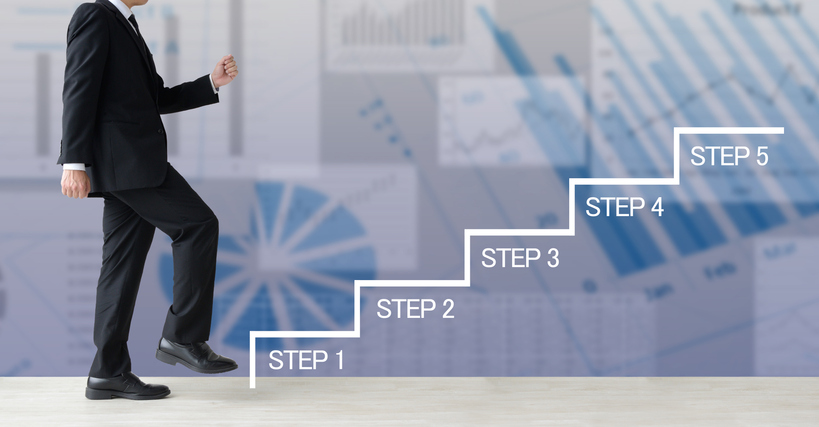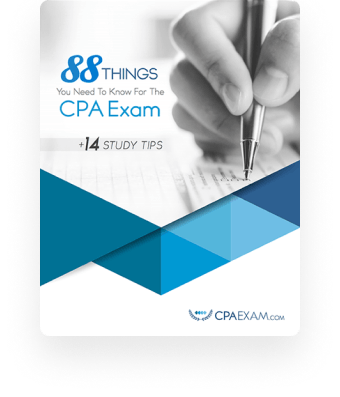Becoming a Certified Public Accountant (CPA) requires a combination of education, experience, and passing the CPA exam. This guide outlines the steps to obtain a CPA license and launch a career in public accounting.

Table of Contents
Here’s How to Become a CPA:
1. Earn a Relevant Degree
To become a CPA, candidates must complete an accounting degree or a degree in a business-related subject. Most state boards require a bachelor’s degree from an accredited college with a focus on accounting and business courses. Some states also mandate a master’s degree to fulfill educational requirements.
2. Meet Education Requirements
CPA candidates must complete a minimum of semester hours in accounting coursework. Typically, state boards require at least 120 to 150 semester units of accounting and business education. Required subjects often include:
- Financial accounting
- Managerial accounting
- Tax returns and taxation
- Information systems
- Business administration
- Forensic accounting
Additional courses in business coursework may be required depending on state requirements. A double major in accounting and finance can provide broader career opportunities.
3. Apply to Sit for the CPA Exam
Each state has specific CPA licensure criteria. Approved applicants must submit their transcripts to the state board of accountancy before being allowed to sit for the CPA exam. Some states require candidates to complete a tip sheet outlining accounting rules and regulations.
CPA Exam Requirements By State
To access the detailed CPA Exam requirements for your state, click the appropriate link below:
4. Pass the Uniform CPA Exam
The Uniform CPA Examination is a standardized test administered by the American Institute of Certified Public Accountants (AICPA). The uniform CPA exam consists of four sections:
- Auditing and Attestation (AUD)
- Business Environment and Concepts (BEC)
- Financial Accounting and Reporting (FAR)
- Regulation (REG)
Candidates must pass all sections within an 18-month period. Exam fees vary by state.
5. Gain Work Experience
Most state boards require work experience requirements before granting a CPA license. Candidates must complete experience hours under the supervision of a licensed CPA. Public accounting firms, government agencies, and corporate employers offer opportunities to fulfill these requirements.
6. Take the Ethics Exam
Some states require CPA candidates to pass an ethics exam, such as the PETH exam, which tests knowledge of professional conduct and ethical standards.
7. Apply for CPA Licensure
After fulfilling the education, exam, and experience requirements, candidates can apply for their CPA licensure through their respective board of accountancy. The National Association of State Boards of Accountancy (NASBA) assists with license verification.
8. Meet Additional State-Specific Requirements
Some states have additional requirements, such as background checks, residency requirements, or professional references. Candidates should check with their state board of accountancy to ensure compliance.
9. Maintain CPA Certification with Continuing Education
CPAs must meet continuing education requirements to keep their licenses active. State boards often require ongoing accounting study and additional courses in areas like public accountancy and accounting information systems.
10. Explore Career Opportunities
Earning a CPA designation opens doors to various roles in accounting and finance. CPAs work in forensic accounting, public accounting, corporate finance, and taxation. Attending job fairs and networking with accounting professionals can enhance employment prospects. The Bureau of Labor Statistics reports that CPAs often enjoy higher earning potential and increased job stability.
Additional Considerations
Common Pitfalls to Avoid
- Not researching state requirements thoroughly before starting the process.
- Underestimating the difficulty of the CPA exam and failing to prepare adequately.
- Delaying the experience hours requirement, which can extend the timeline for licensure.
- Failing to keep up with continuing education requirements, leading to license expiration.
Ways to Make the Process Easier
- Join a study group or enroll in a CPA prep course to stay on track.
- Plan and schedule exam sections strategically to avoid burnout.
- Seek mentorship from licensed CPAs for guidance and insights.
- Utilize state and national resources, such as the American Institute of Certified Public Accountants (AICPA).
Best Locations to Work as a CPA
- Major financial hubs like New York, Chicago, and San Francisco offer extensive opportunities in public and corporate accounting.
- States with high demand for CPAs, such as Texas, Florida, and California.
- Government roles in Washington, D.C., and state agencies offer stable employment.
Tips for Passing the CPA Exam
- Develop a study schedule that covers all four exam sections systematically.
- Take practice exams to familiarize yourself with the format and question types.
- Focus on weak areas and review accounting coursework regularly.
- Maintain a balance between study and relaxation to avoid burnout.
These additional sections provide more insights and practical tips to help CPA candidates succeed in their journey.
Final Tips
- Research state requirements before applying.
- Enroll in an accredited accounting program.
- Budget for exam fees and study materials.
- Consider a double major to expand career options.
- Stay updated with higher education advancements in accounting.
Following these steps will help candidates successfully become a CPA and navigate the licensing process.
Have more questions about how to become a CPA? Ask Us.
Next Step: Read ’88 Things You Need To Know For The CPA Exam’

What’s Inside?
The 88 Things You Need To Know For The CPA Exam + 14 Study Tips.
Includes info on:
- How to prepare for the exam.
- How and What to study.
- How to choose the right CPA Review Course.
- Bonus of 14 Study Tips we’ve seen used time and time again with positive results.